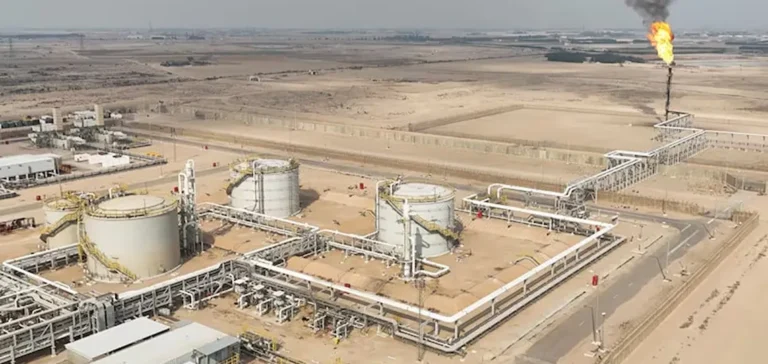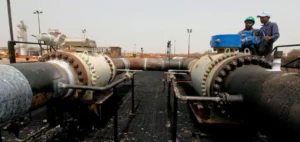China’s independent oil companies are significantly increasing their investments in Iraq. Four Chinese firms, including Geo-Jade Petroleum Corp, United Energy Group, Zhongman Petroleum and Natural Gas Group and Anton Oilfield Services Group, plan to double their production to 500,000 barrels per day by 2030. This strategy aligns with Baghdad’s ambition to raise national crude oil output to over 6mn barrels per day by 2029.
New investment and development strategies
The rise of Chinese companies in the Iraqi market is particularly visible through their success in the latest exploration licensing rounds, where they secured half of the available blocks. These firms, often led by former executives of large Chinese state-owned groups, rely on reduced operating costs and faster project development timelines to bring medium-sized fields online. According to industry officials, new oil fields can be developed by these operators in two to three years, compared to five to ten years for certain Western companies.
Drilling costs, now ranging between $4mn and $5mn per well, have halved over the past ten years. This reduction is due to the use of competitive financing, affordable labour and equipment produced in China. Additionally, Iraq’s shift in 2024 to profit-sharing contracts, replacing fixed-fee agreements, has encouraged the entry of these companies, while the presence of some major global groups such as ExxonMobil and Shell has decreased.
Major projects and diversification of investments
A consortium led by Geo-Jade Petroleum Corp has committed $848mn to the South Basra project, aiming to raise the Tuba field’s production to 40,000 barrels per day by mid-2027. The project also includes the construction of a refinery with a 200,000-barrel-per-day capacity, a petrochemical complex and two power plants, with total investment reaching several billion dollars. Meanwhile, Zhenhua Oil, in partnership with China National Petroleum Corporation (CNPC), plans to double the capacity of the Ahdab field to 250,000 barrels per day by 2030.
In June 2024, Zhongman Petroleum and Natural Gas Group announced a $481mn investment to develop the Middle Euphrates and East Baghdad North blocks. These investments are part of a wider strategy to diversify international partners, as Iraq continues to attract Western groups for other major projects.
Technical and social challenges for the oil industry
Despite achievements in cost reduction and project acceleration, questions remain over technical standards and transparency at independent Chinese companies. Criticisms highlight the limited share of local workforce, with most technical positions still held by employees from China. Nevertheless, Iraqi authorities continue to open the market to a range of international partners.
The growing role of these Chinese operators reflects recent shifts in investment strategies in the Iraqi oil market and the increasing influence of Asian groups amid the reorganisation of traditional sector players.






















